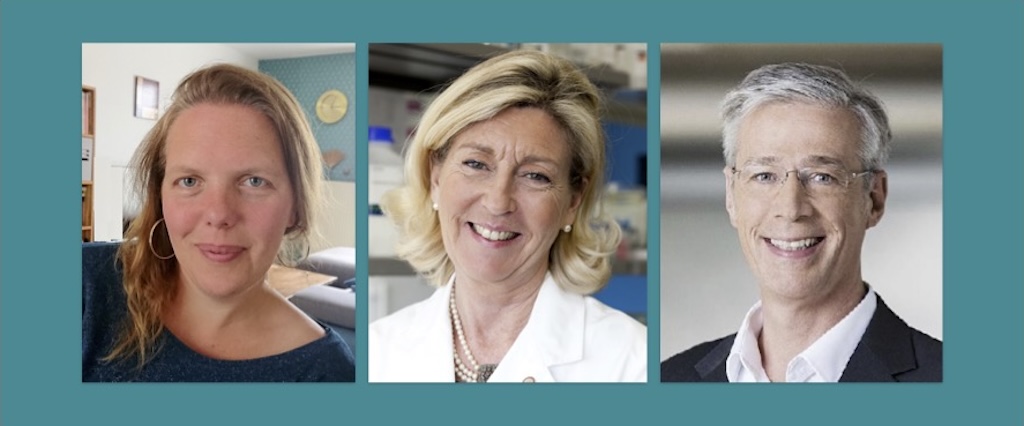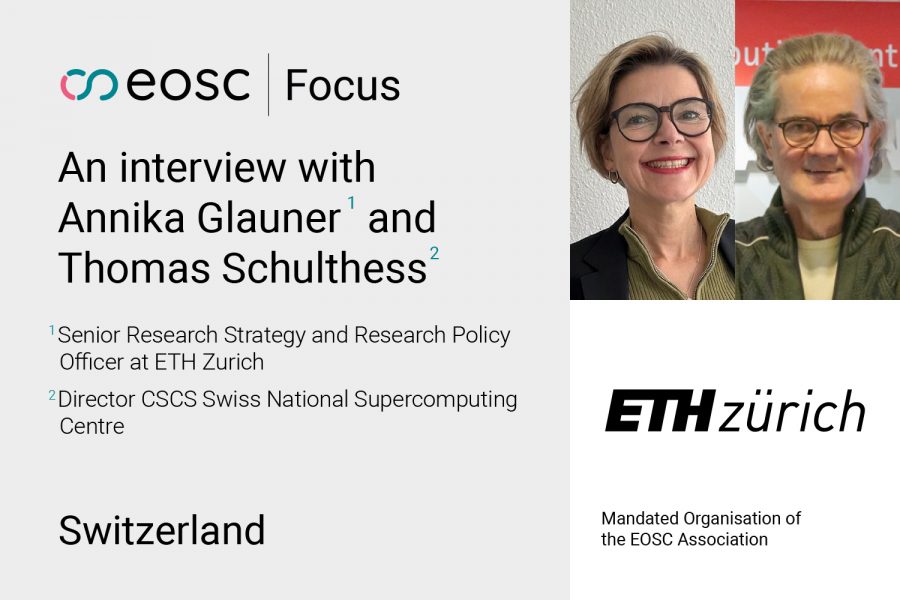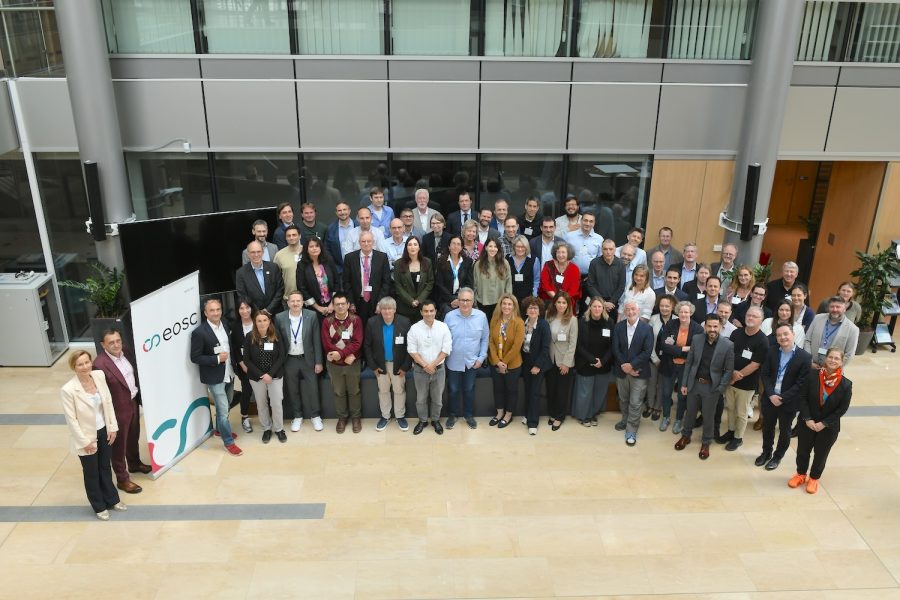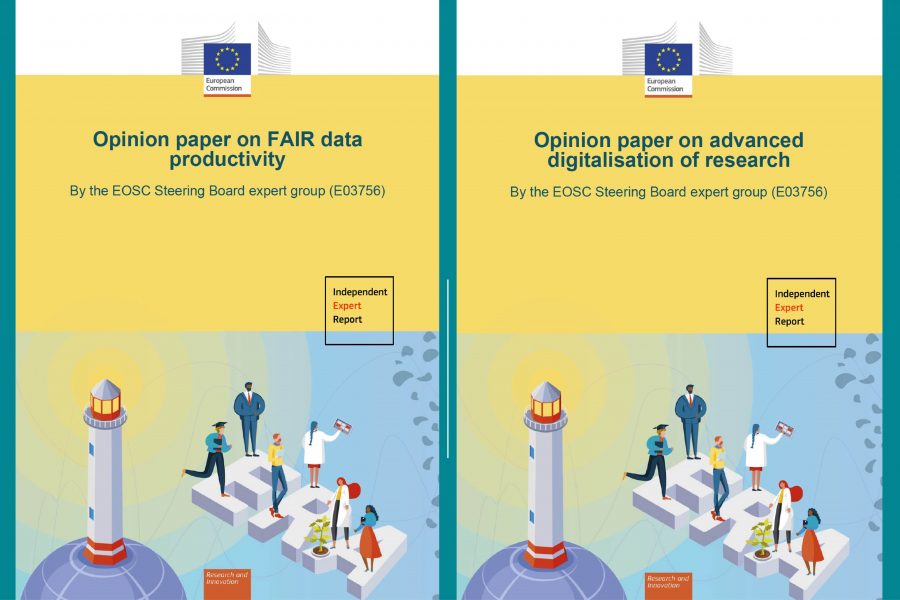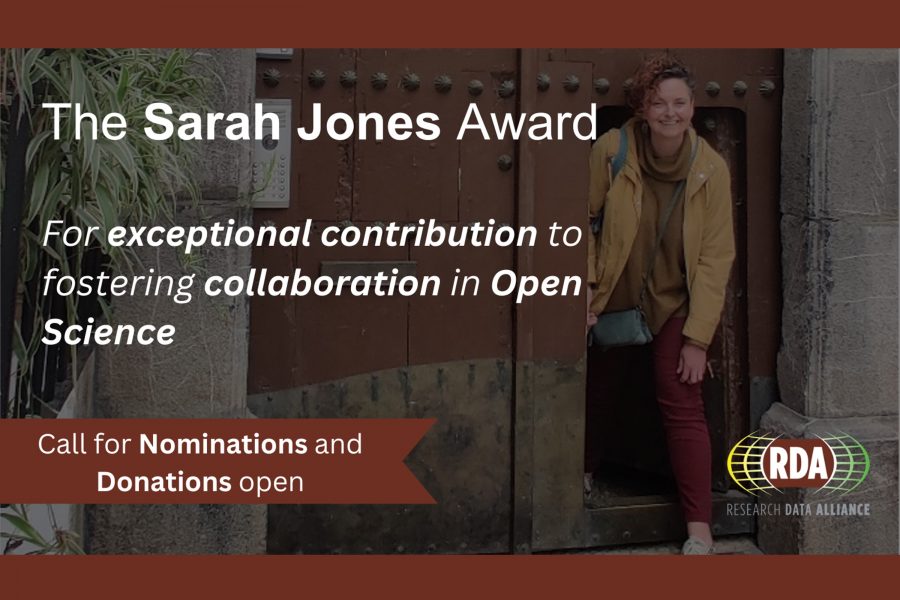The EOSC-A General Assembly has re-elected three Board Members, each of whom will begin a second three-year term, 2024-2026.
Congratulations to Suzanne Dumouchel, Vice President Marialuisa Lavitrano and Treasurer Klaus Tochtermann, who were all re-elected by the EOSC-A General Assembly at today’s online 7th General Assembly of more than 150 delegates.
You can hear from them and read more about them below.
The candidates addressed the General Assembly prior to the vote, each detailing their reasons for wishing to extend their tenure with the EOSC-A board.
Suzanne Dumouchel said, “I think there are still a couple of things left that I can bring to the EOSC Association, because we are still in the process of building the community. There is a need for stability within the Association, and working in this type of environment is very interesting and important to me, considering all the different issues that we are managing.”
Marialuisa Lavitrano explained how her work for EOSC-A is anchored by her deep passion for advancing Open Science, and said, “I’m eager to continue to contribute to the EOSC Association’s mission and play a role in shaping the future of Open Science in Europe. As we enter the next phase, the challenges involved are really immense. It is not limited to linking datasets, federating infrastructure or aligning Open Science policies, it is also about linking people and organizations across the EOSC ecosystem and building trust, fostering collaborations, and establishing common goals and workflows.”
Klaus Tochtermann thanked the delegates for their trust in him as the Association’s Treasurer, and explained that, “Serving the EOSC Association has been a great honor for me. We have achieved a lot in the past years, but still one important element is missing: a fully functional, fit for purpose, running EOSC infrastructure. I want to express my full commitment to achieving this. We, the EOSC Association, are the voice of the community, and I want to contribute to this such that our voice, the voice of the scientific community, will play a stronger role in the future governance models of EOSC and your association.”
Suzanne Dumouchel
Suzanne Dumouchel has a doctorate in French literature and is in charge of international cooperation at the CNRS Open Research Data Directorate. She is co-coordinator of the OPERAS European research infrastructure devoted to open scientific communication in the humanities and social sciences. In charge of strategic partnerships, she steers the vision and strategic development of the infrastructure.
Strongly committed to the Open Science movement, Suzanne is particularly active in the field of research infrastructures and the strategic management of organisations, with a particular interest in innovative technologies, collective governance and disinformation issues.
Marialuisa Lavitrano
Marialuisa Lavitrano is full professor of Pathology, director of the Molecular Medicine Unit and of the Executive Masters’ in Management of Research Infrastructures at Milano-Bicocca University, where she was vice-Rector delegate for International Affairs (2006-2013).
Over the years she has contributed to the international strategies of the Italian Ministries of Research and of Health, and coordinated the Italian participation in the BioMedical Sciences ESFRI roadmap. In 2013 Prof. Lavitrano was appointed BBMRI.it Node-Director.
Prof. Lavitrano holds various institutional positions in executive and management roles, including:
- Member of the Task Force for the implementation of the National Program for Open Science;
- Member of the Management Committee of the European Research Infrastructure BBMRI-ERIC;
- Member of the eScience Advisory Committee, The Netherlands eScience Center;
- Member of the GÉANT eHealth Task Force Steering Committee;
- Member of the Scientific Board of the AIRC-Italian Association for Cancer Research;
- Member of the Board of Directors of the Biogem Research Institute.
Prof. Lavitrano has long-standing experience in managing R&D projects, with leading roles in 12 European Union-funded projects within the Horizon 2020 and Horizon Europe framework programmes, nine of which relate to research infrastructures. Moreover, she is interested in the bioethical aspects of science and research, and has participated in bioethics commissions of the Council of Europe, of the Vatican, and of the Italian government.
Klaus Tochtermann
Klaus Tochtermann studied computer science at Kiel University and at Dortmund University, where he received his doctorate. From 2001 to 2010 he was the scientific director of the research institute Know-Center, a competence centre for information technology-based knowledge management located in Austria.
Since 2010, Klaus Tochtermann has been the director of the ZBW – Leibniz Information Centre for Economics in Kiel and Hamburg, and has held a chair for Digital Information Infrastructures at Kiel University.
He was a member of the two European Commission High-Level Expert Groups on the European Open Science Cloud. In addition, he is a member of the Scientific Senate of the German National Research Data Infrastructure (NFDI).
